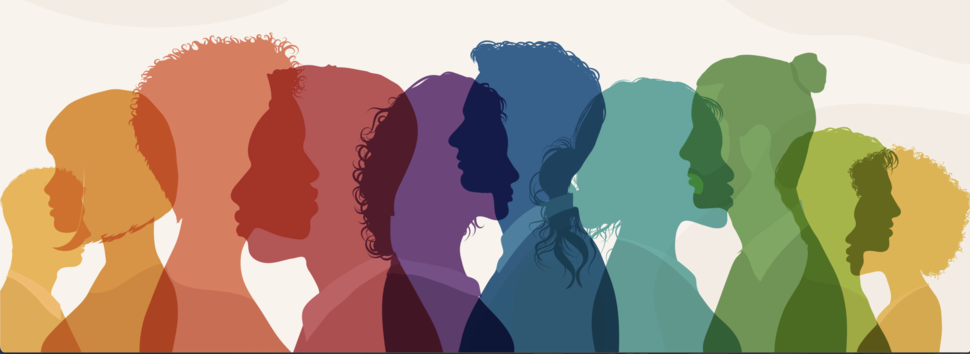Building a Diverse Workforce
The National Cancer Institute (NCI) is committed to increasing the diversity of the cancer research workforce, building a more inclusive and equitable NCI community, addressing cancer disparities, and advancing health equity. To learn more, visit the NCI Equity and Inclusion Program website.
The goals of the Intramural Diversity Workforce Branch (IDWB) within the NCI Center for Cancer Training (CCT) are to:
- Attract and recruit talented scientists from diverse* backgrounds to increase the diversity of the cancer research workforce
- Implement activities and programs to support fellows, foster community, and create a lasting culture of inclusion
- Serve as a centralized coordinating center to enhance diversity, equity, inclusion, and accessibility for training programs across NCI
Building a Diverse Cancer Research Workforce
- The Cancer Research Interns (CRI) Summer Program provides a training opportunity for students looking for initial research training.
- The Cancer Research Postbac (CRP) Program (formerly known as the Introduction to Cancer Research Careers) provides up to 2 years of post-baccalaureate training to explore opportunities in basic and clinical research, cancer epidemiology and genetics research, cancer control science as well as global health.
- The NCI Postdoc Recruitment Event (PRE) (formerly known as the Graduate Student Recruiting Program) provides doctoral candidates the opportunity to explore postdoctoral opportunities at NCI.
Fostering an Inclusive Training Community
The following programs are available to NCI Fellows:
- The Diversity Career Development Program (DCDP) provides current NCI postdoctoral fellows with the tools necessary to develop as leaders in academic independent research careers.
- The Frederick Diversity Committee (FDC) provides current NCI fellows with opportunities to promote diversity and inclusivity at the Frederick campus.
- Black Cancer Researchers (BCR) was established to build community among the three campuses and create a safe informal space for Black scientists within the NCI. The group helps participants build collaboration (both scientific and professional), provide peer mentoring, and grow their scientific network. If you're interested in joining, please contact Dr. Brittny Davis Lynn.
Additionally, here are some NIH-wide resources that promote inclusion and can help fellows build community:
- Inclusion, Anti-Racism, and Wellness Resources compiled by NIH Office of Intramural Training & Education (OITE)
- If you are looking for a community within the NIH, there are a number of community groups (some Fellow-led) that may help you feel more comfortable within the campus.
*See the latest Guide Notice on NIH's Interest in Diversity for a listing of the groups that are currently considered underrepresented in the biomedical sciences.
Other NCI Programs Promoting a Diverse Scientific Workforce
Center for Cancer Health Equity
The Center for Cancer Health Equity (CCHE) manages NCI's Intramural Continuing Umbrella of Research Experiences (iCURE) program. The iCURE program supports mentored research experiences for qualified students and scientists from diverse backgrounds in the multidisciplinary research environment of the NCI campuses in Bethesda, Rockville, and Frederick, Maryland. The iCURE provides opportunities to post-baccalaureate (including post-master’s) individuals, graduate students, and postdoctoral fellows.
